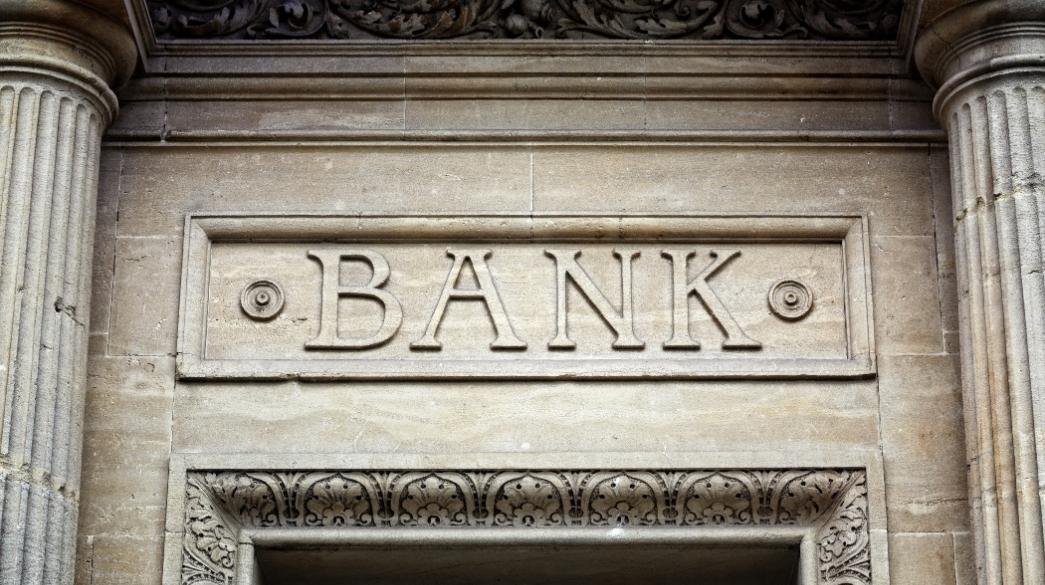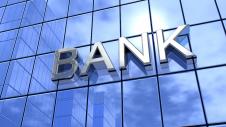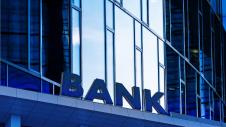We were all reminded yesterday of the times of extreme crises that plagued the country and the banking system in the 2010s, Grexit talk, massive levels of NPLs, recapitalizations and capital controls, as bank shares plunged on the Athens Stock Exchange, shedding 9%.
After yesterday's drop, the losses of the banking index since the beginning of the year reached -22,9%, a drop almost double the fall of the General Index (-12,7%), while the losses of the banking index from this year's high (11/2) exceed 50%. This reflects the dark days of the industry when the sinking of the economy and the surge of non-performing loans to unimaginable levels raised the issue of their viability, leading to successive recapitalizations needed to restore capital adequacy.
The price-to-book value ratios also range close to bankruptcy levels, with Piraeus Bank standing at only 0.2, Alpha Bank at 0.3, while the relevant ratio is formed at higher levels for NBG (0.45) and Eurobank (0.5), the two lenders that have gone further in terms of consolidating loan portfolios.
The ratio of price-to-book value of bank shares
The large drop in bank shares this time is due to external reasons and has nothing to do with the situation of banks or the economy, which has great growth prospects despite the challenges posed by the war in Ukraine, the energy crisis and the global economy.
According to analysts, there are three points that differentiate the country in relation to the debt crisis of 2010 and the great recession that followed mainly due to political uncertainty. The first is that the Greek economy will record strong growth rates in 2022, achieving more than double the growth rate compared to the eurozone average.
The BoG forecasts growth of +3.2%, the IMF sets the score at +3.5%, while Piraeus Bank economists have revised the estimate for this year's growth to +6%. The excellent course of tourism is what will make the big difference this year. The second reason is the favorable debt profile and Greece's low refinancing needs.
Unlike in 2010, today over 70% of the government debt is held by the official sector and is out of the market. Greek debt has an average maturity of 20 years with a weighted average service cost of 1.4%, thus remaining unaffected from interest rate increases. In addition, the annual refinancing needs are very small. Finally, the Mitsotakis government has managed to regain credibility, restore the country to normality and turn it into an attractive investment destination.
Greek banks are optimistic that they will achieve a large increase in profitability over the next 5 years, a double-digit return on equity and a resumption of dividend distribution due to strong credit growth, as it is estimated that new net credit (new lending minus repayments of previous loans) will reach 35 billion euros in the 5-year period and with the Recovery Fund contributing decisively to this direction, with the improvement of interest income from the gradual increase in interest rates and the significant margins for further reduction of expenditure
There are, of course, challenges for banks, but these are obstacles that domestic banks can deal with and that do not threaten to derail them from targets.








